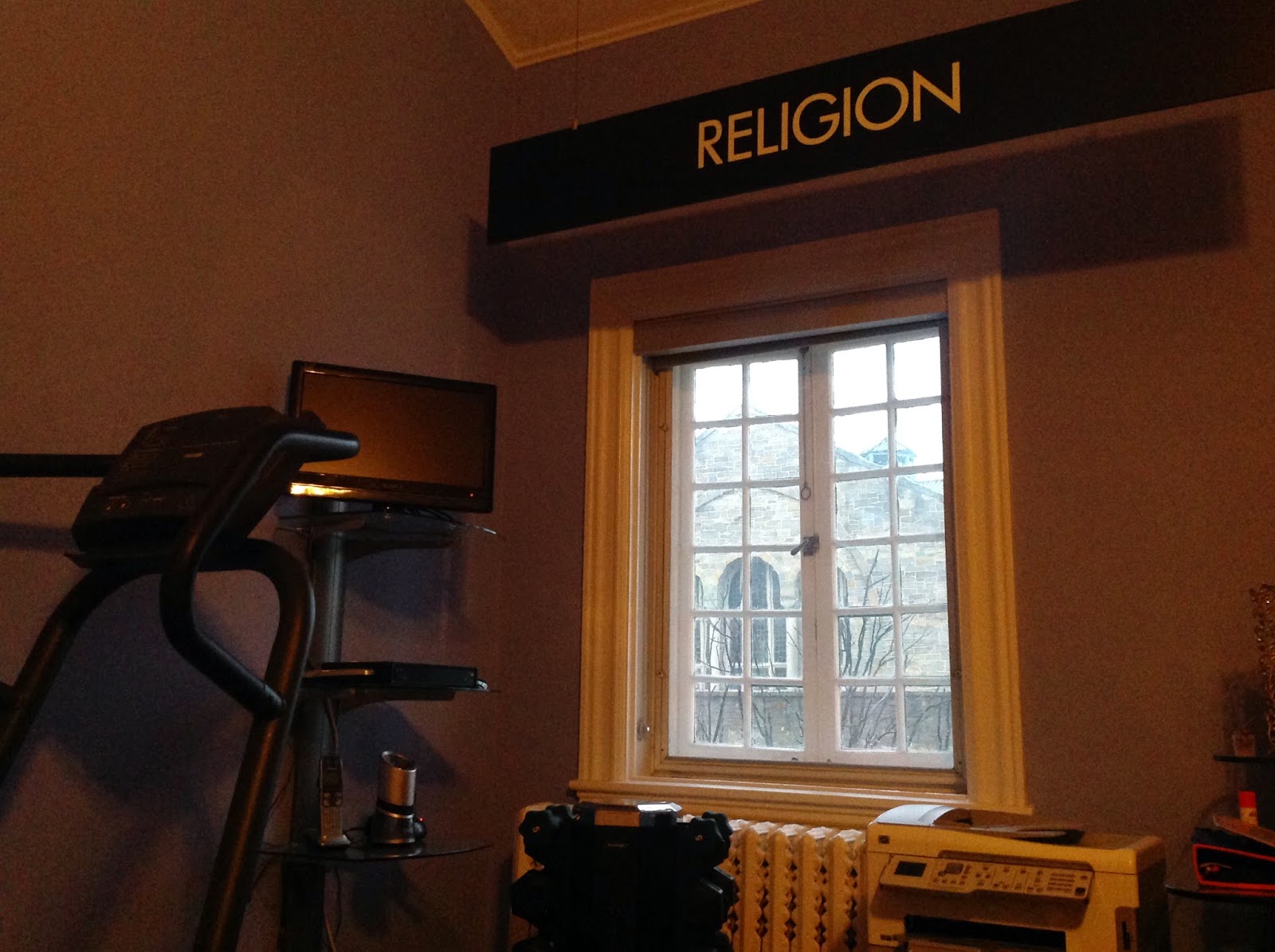I'm pleased the folks at Charm TV saw fit to feature Reservoir Hill and Beth Am in their weekly show My Town. There are so many ways to portray a city, and this positive, heartwarming approach is a nice counterpoint to the standard fare of violence and corruption, the subject matter of so many Baltimore-focused shows and movies.
Don't get me wrong, I am not one of those people who hates The Wire because it portrays Baltimore in a bad light. As far as I'm concerned, The Wire is one of the best shows to grace the airwaves. Ever. We, in Baltimore, in my hometown of Chicago, in Cleveland, New York, Atlanta, or Ferguson, MO, can learn a lot about urban challenges from this show because, on some level and to some degree, they are endemic in every city. It takes a lot of courage and class to admit you have problems. Shows like The Wire throw down the gauntlet. There are plenty of ways we fail, but there are also countless ways Baltimoreans are rising to the challenge!
But this week, I had a slightly different reaction to a show. A different show. I, like millions of other listeners, have been firmly hooked by the NPR podcast Serial. If you don't know -- and how could you not? -- it's tells the true story of a Baltimore man who, as a teen and student at Woodlawn High School, was accused and convicted of murdering his ex-girlfriend. He's fifteen years into a life sentence. The podcast is thoroughly engrossing, raising all kinds of questions about the case itself but also about the criminal justice system in which it was so clearly mishandled.
 |
| My view of Beth Am during my morning workouts |
Last week as I was my doing my morning workout in our home across from the shul and listening to episode 10, I was surprised, and not in a good way, by a throw-away line in Sarah Koenig's narrative. Koenig quotes a particular argument from the prosecution that ostensibly casts Adnan Syed as a masogynistic and vindictive young man because those are his cultural and religious values (his family is originally from Pakistan). "How easy it is to stir stereotypes in with facts, all of which then gets baked into a story," Koenig bemoans. And she's right. Whatever the facts of the case, to imply that all young men of Pakistani heritage or all Muslims behave in a particular way or have identically depraved values is pure bigotry.
So Koenig is (rightly) concerned about prejudice when it comes to people. She meticulously investigates each character (lawyers, cops, friends, etc.), every angle, each obvious or tenuous reason to suspect Syed's guilt and every evidential, procedural or character-based reason not to.
But what made me frown that morning was my realizing she doesn't seem to apply the same scrutiny to another prominent character in her story: the city of Baltimore. She quotes a judge during jury selection as various potential jurors admit biases, outright prejudices and conflicts of interest. One juror, Koenig reports, says, "we moved from a very peaceful town in Oregon to a violent community." In response the judge says flippantly, "welcome to Baltimore." It's a punchline to her narrative and Koenig leaves us there to chew on it.
Art is meant to be provocative. That's what's great about The Wire; it makes us think and question and reflect. And Serial does this too. Sarah Koenig has millions of people around the world questioning our criminal justice system. She's a brilliant story-teller, but in so convincingly utilizing what she calls "the bad-ass city" as the seedy backdrop to her sordid tale, she flattens and ultimately does violence to a diverse, deliciously complex and, in my opinion, pretty great town.
Maybe her time as a Baltimore Sun reporter left her jaded, I don't know. I wish she felt as compelled to watch twelve minutes of the video above as she does to read thousands of pages of case history and record hundreds of hours of conversations. Because I'm so taken with her and her program, I'd like to give her the benefit of the doubt, to believe she simply doesn't know all the good stories about this town and not that she's ignoring signs and evidence like so many characters in her podcast.
I ask you Ms. Koenig: In order to give us the big, robust and nuanced picture of Adnan Syed, do you really need to make Baltimore so pathetic?
No comments:
Post a Comment